– A situation, such as the one that's unfolded in Zvečan, does not usually come out of thin air. There was palpable tension over the outcome of the elections. We were in high readiness and expected unrest and riots. We received our instructions, made the necessary preparations and were ready to carry out the task.
As soldiers, our primary concern is to guarantee peace in all circumstances. Whether the task arises at home or abroad, as Hungarian soldiers, we will always stand our ground, because this is our duty.
– Lieutenant Colonel Istvan Levente Nagy, commander of the 28th shift of the Hungarian Defence Forces' KFOR Contingent, told Magyar Nemzet in an exclusive interview in Kosovo, near Mitrovica.
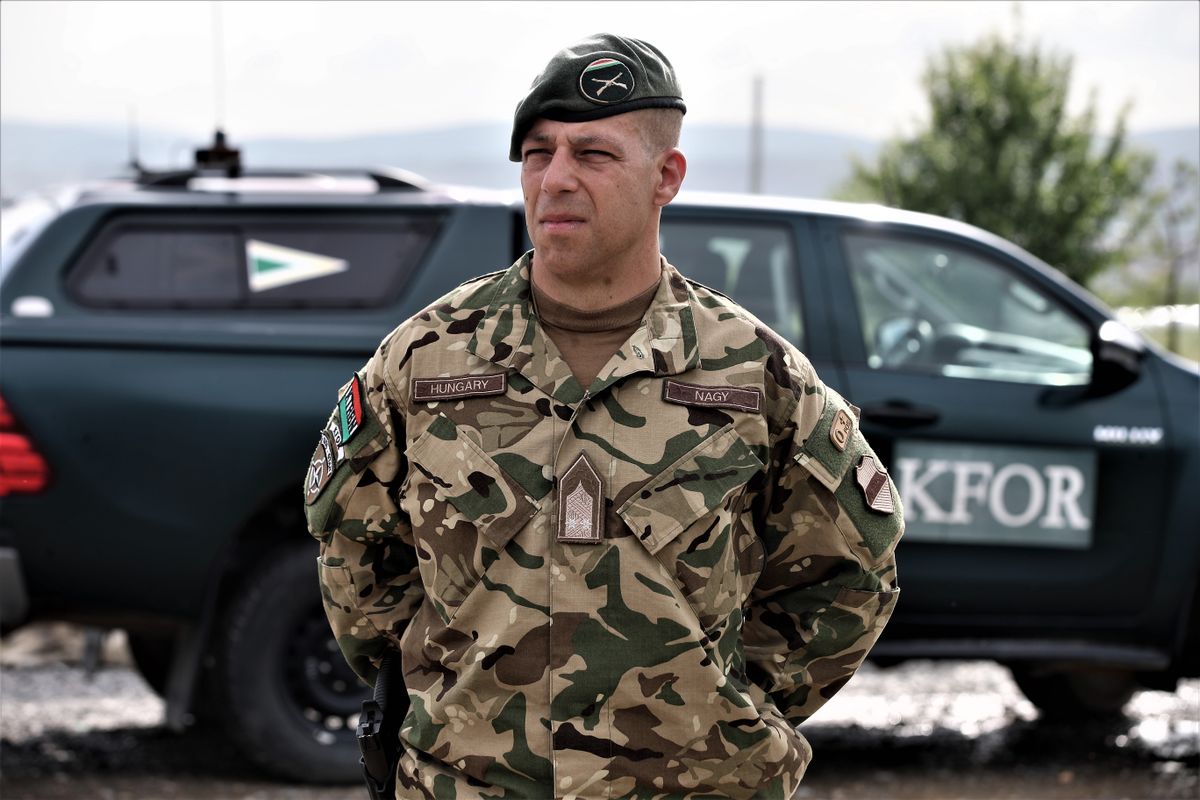
As is known, on Monday, soldiers of the Hungarian Defence Forces serving as part of NATO's peacekeeping mission in Zvečan - a town in Kosovo - were deployed for crowd dispersal operations. In the clash, the protesters also used improvised explosive devices (IEDs), and most of the injuries were caused by shrapnel. Besides soldiers from other countries, a total of 27 Hungarian troops were wounded, fifteen of them seriously.
”I saw as my comrades went down"
The situation has evolved as a result of the mayoral elections in northern Kosovo on April 23, where the majority of Serbs decided to boycott the early elections. This has led to a turnout of only 3.47%, with Albanian mayors securing victories, which triggered riots in the region last Friday. These continued on Monday morning with clashes between police and local Serbs on the streets at the mayors' offices of three municipalities. Authorities have deployed KFOR, the NATO-led international peacekeeping force in Kosovo to the affected municipalities in a bid to prevent the situation from escalating.
In Zvečan, I was also on the scene. And I saw as our comrades went down.
– Everyone acted according to their training. The designated soldiers transported the wounded to a safe place and began their medical treatment. The rest of the team continued to carry out the assigned task in a professional manner, said the lieutenant colonel. He added that Italian, Polish and US troops were also on the scene. In such a situation, your nationality doesn't matter. As soldiers, we help each other.
”We all have one task in Kosovo: to bring peace and security,"
– he added. The commander also revealed that many of the Hungarian troops continued their duties even despite their injuries, and some returned to their comrades after a short medical treatment. He said most of the injured soldiers who were transported back to their countries of origin have plans to return to KFOR, which they'll probably do, the lieutenant colonel added. In response to our question, Istvan Levente Nagy said that their equipment was made for crowd dispersal, and is suitable for that task.
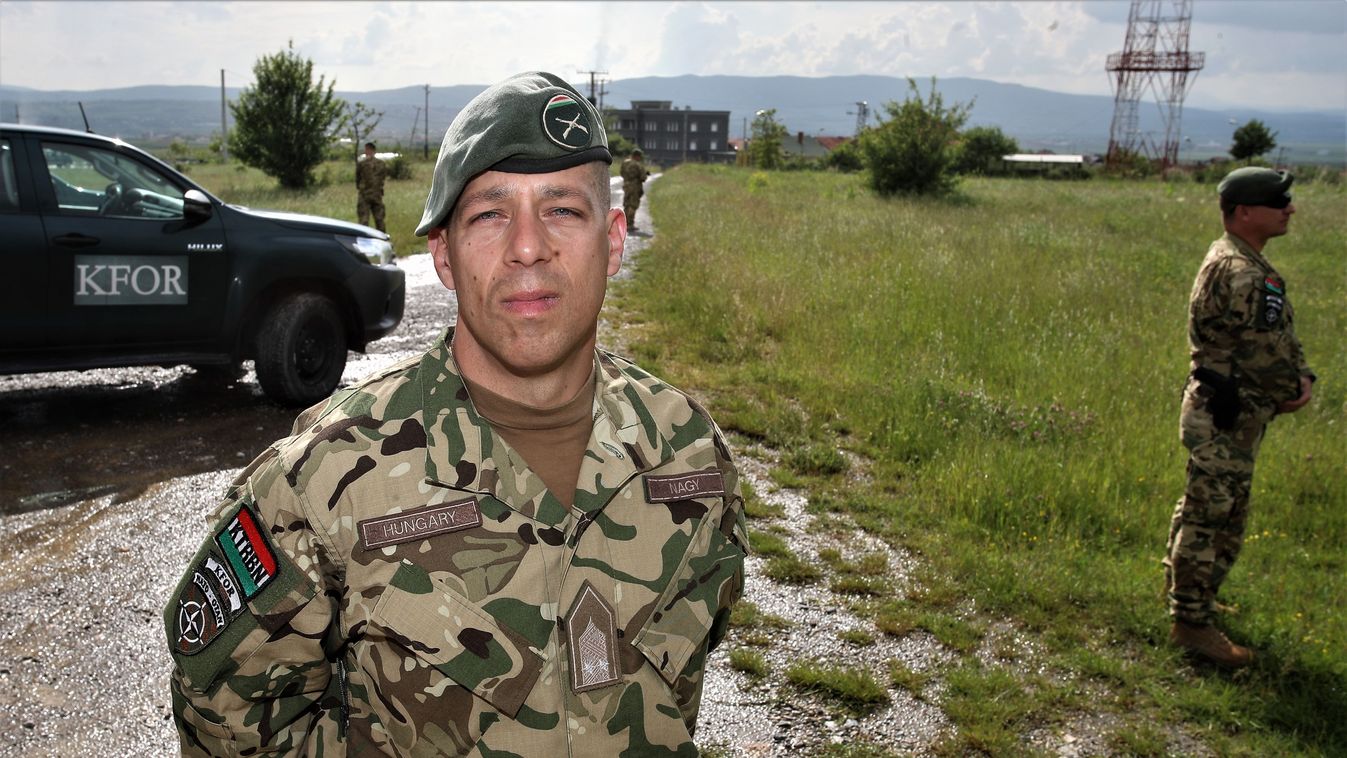
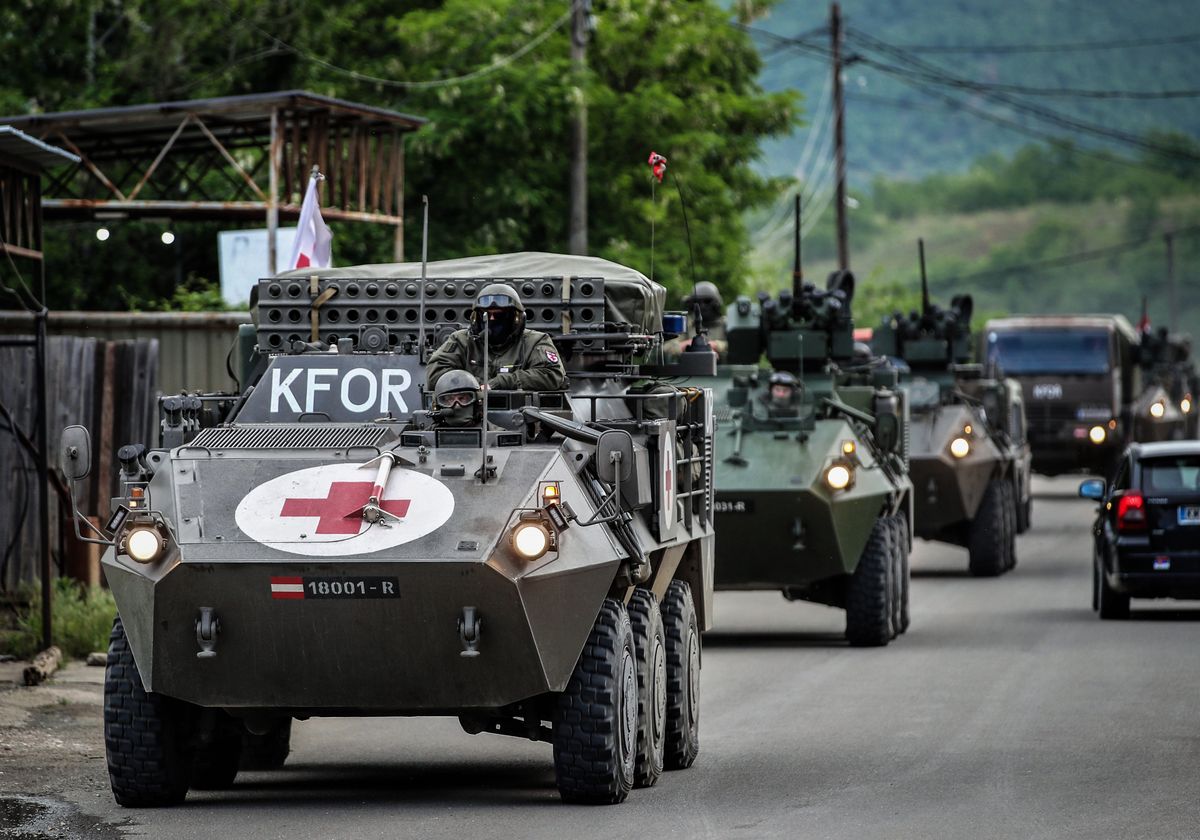
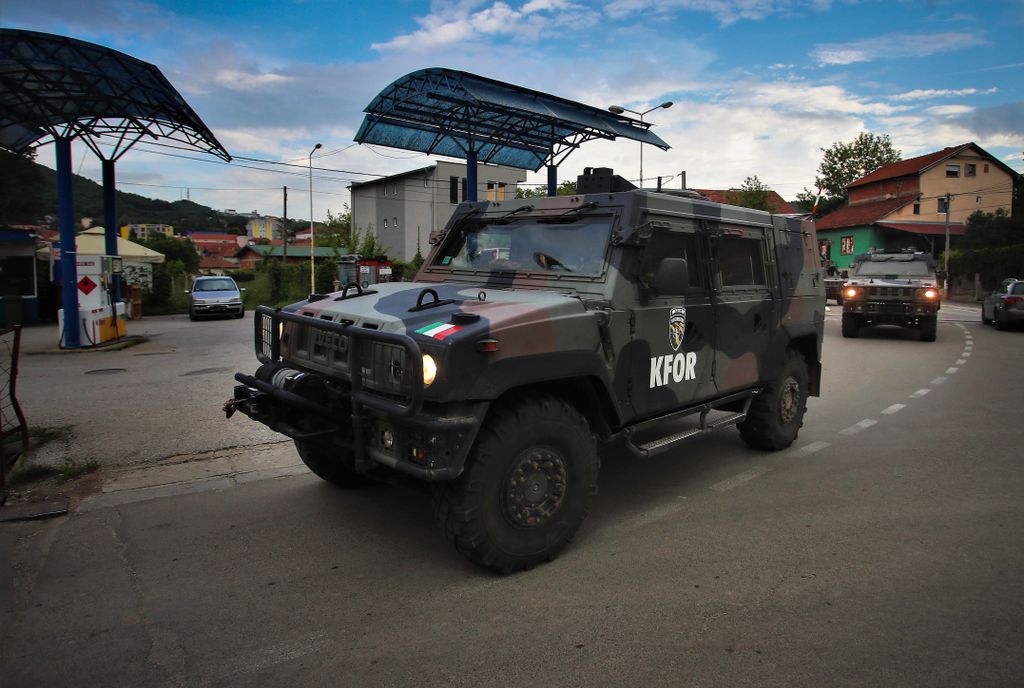

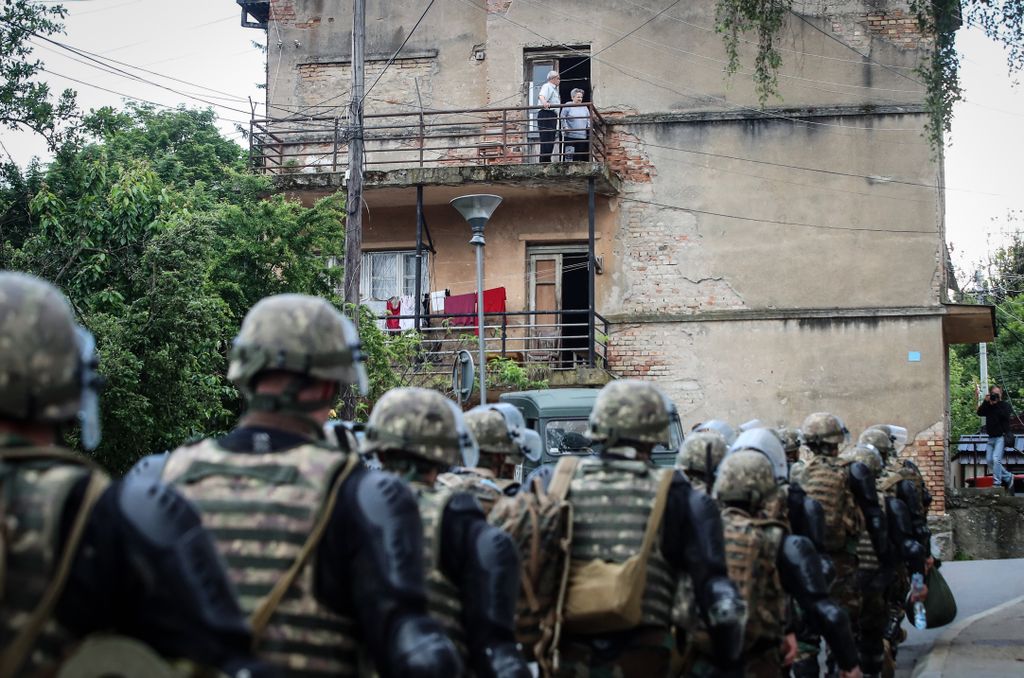
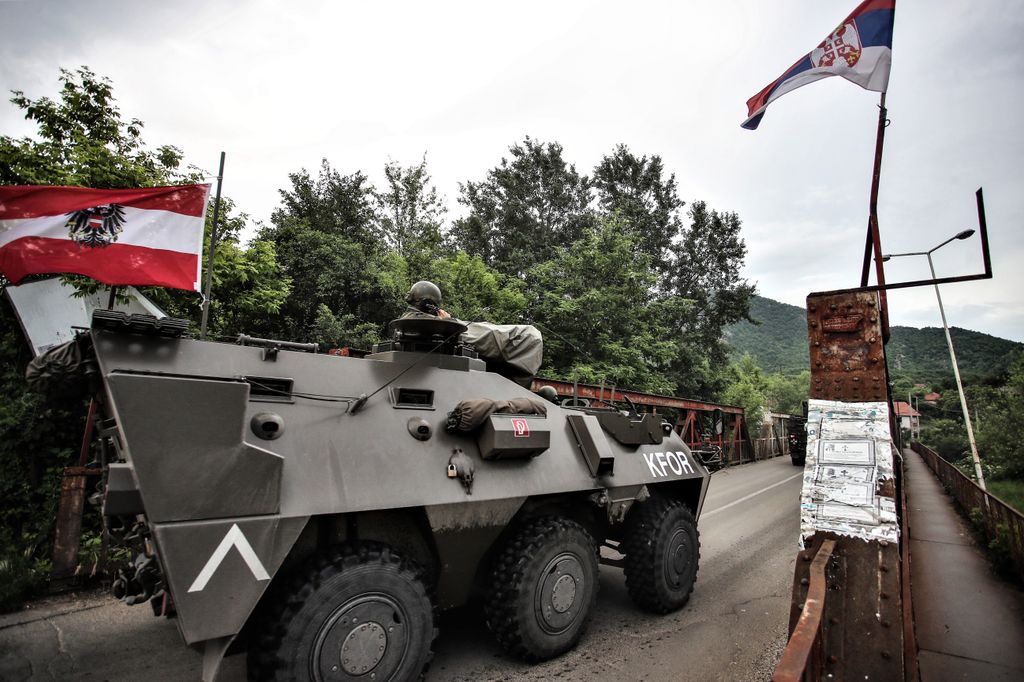
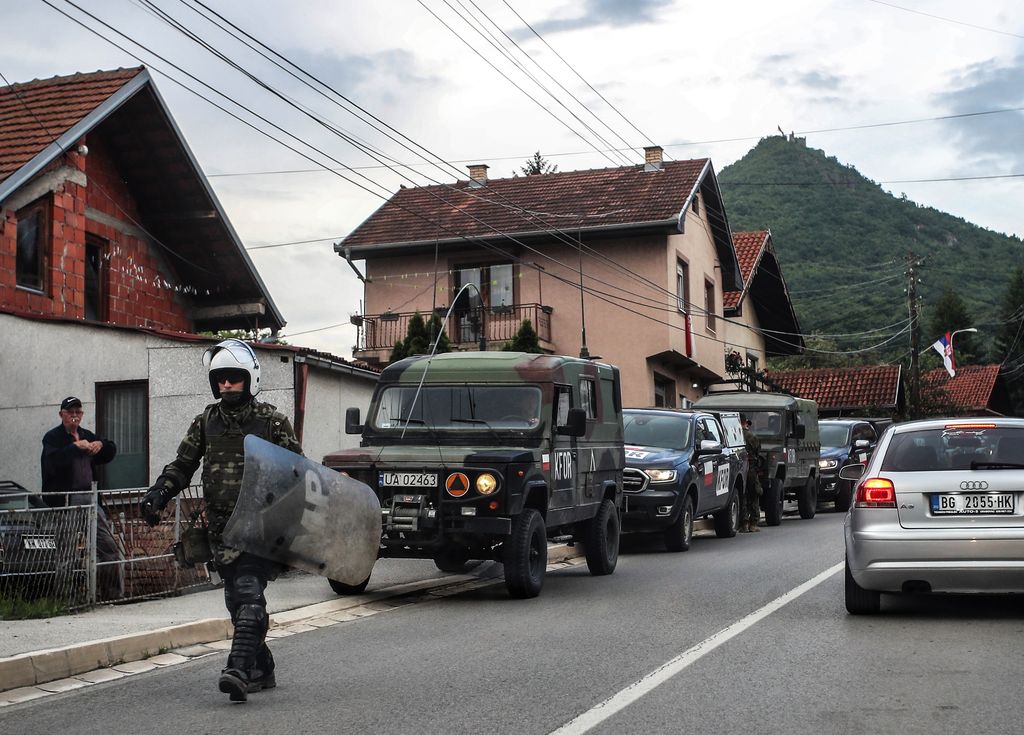
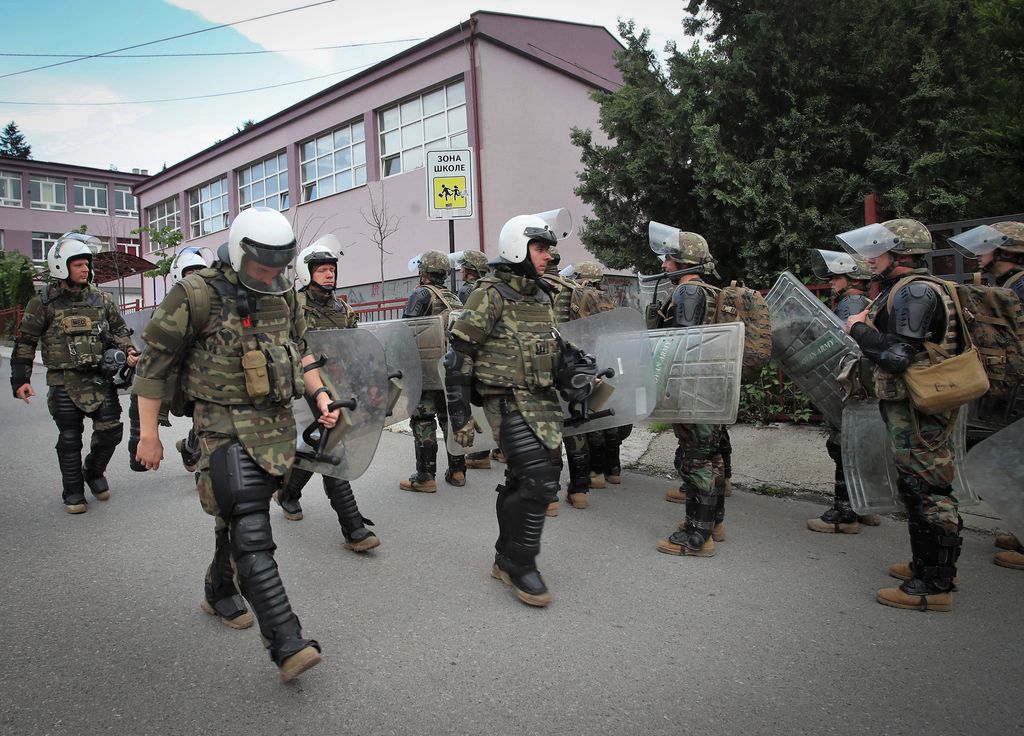
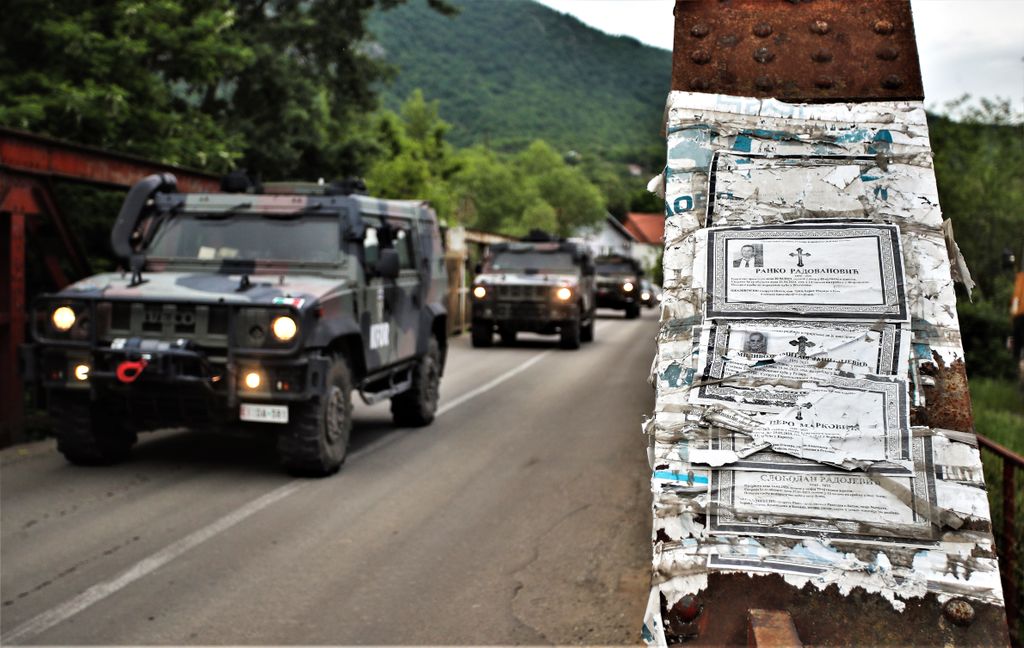
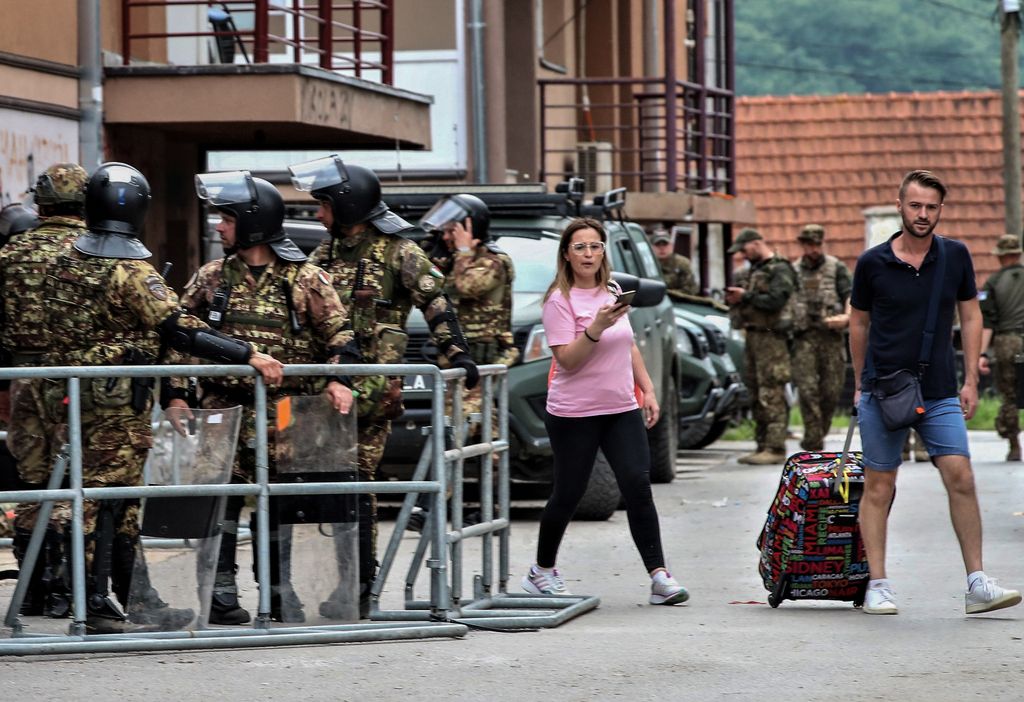
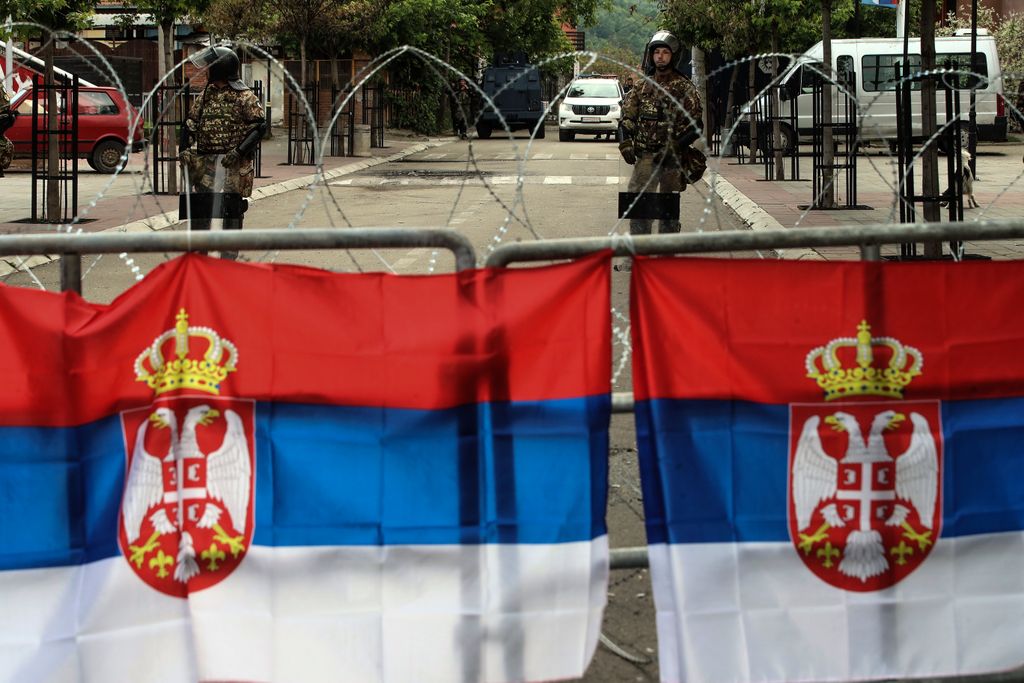
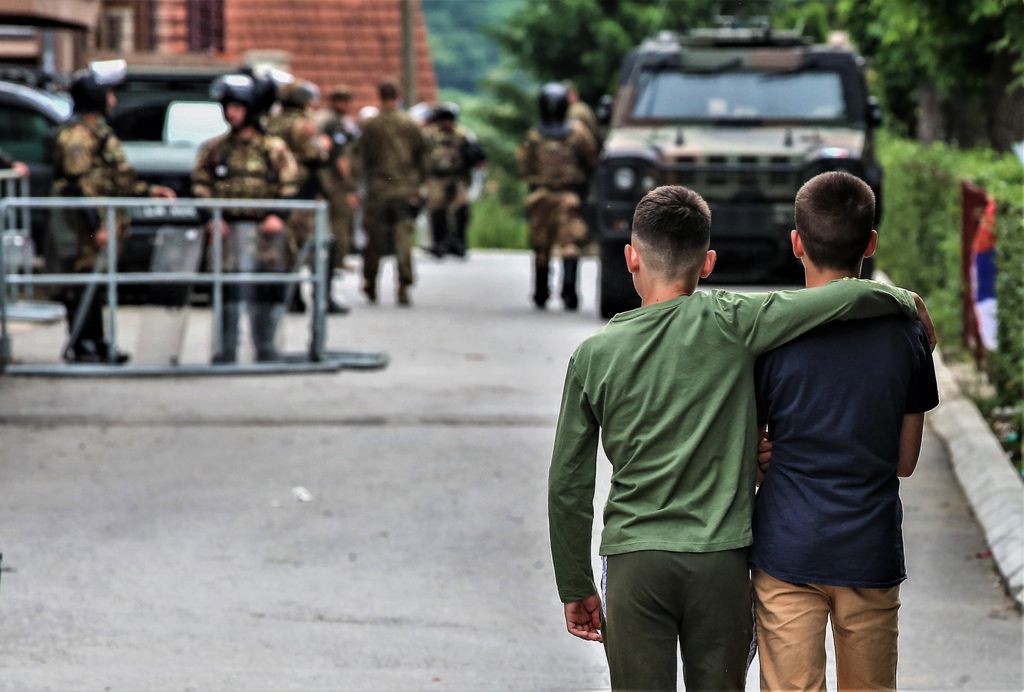
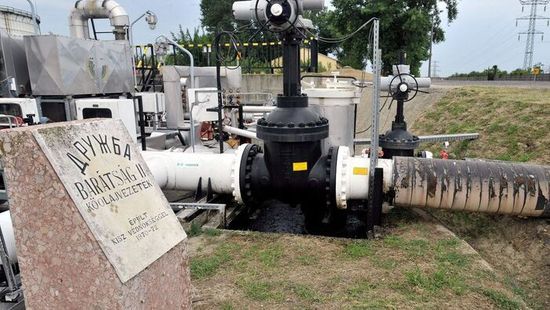

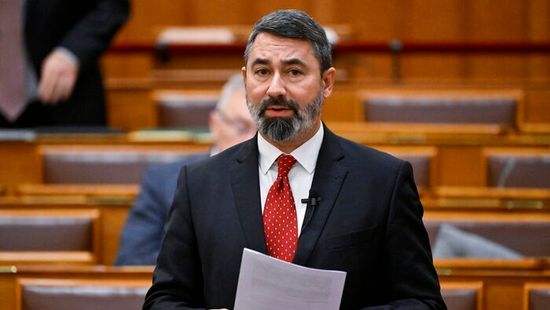
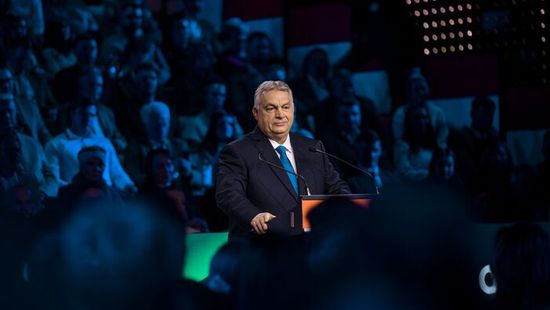


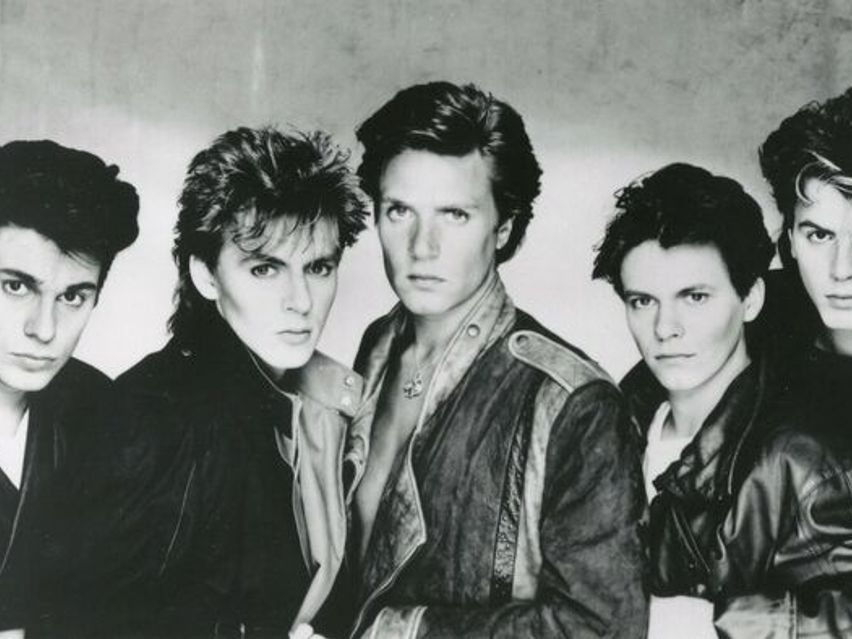
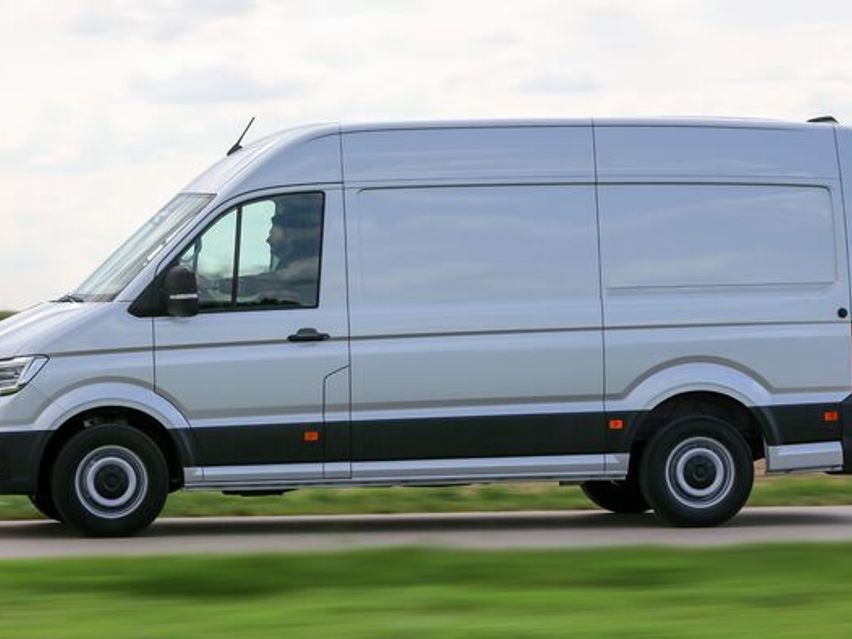
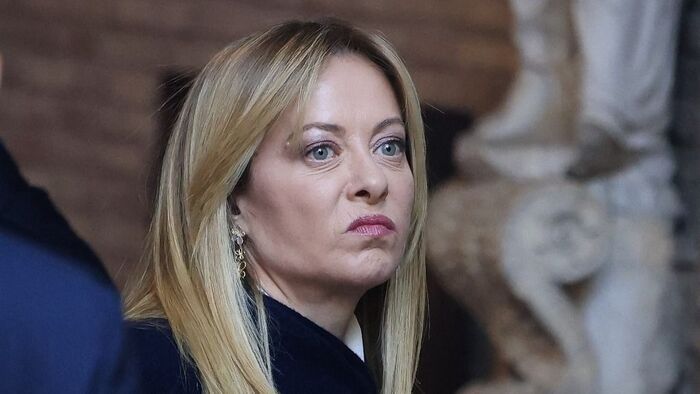

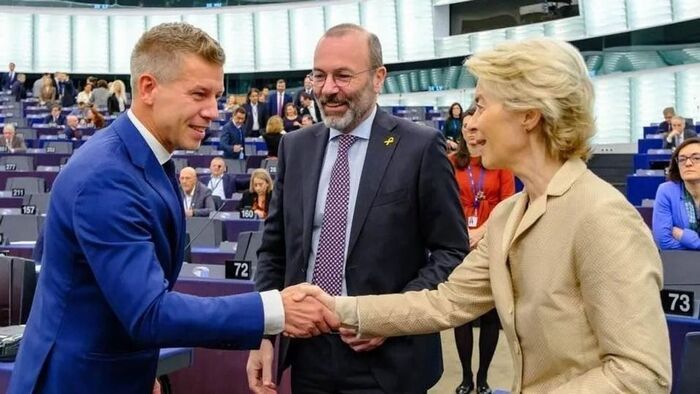
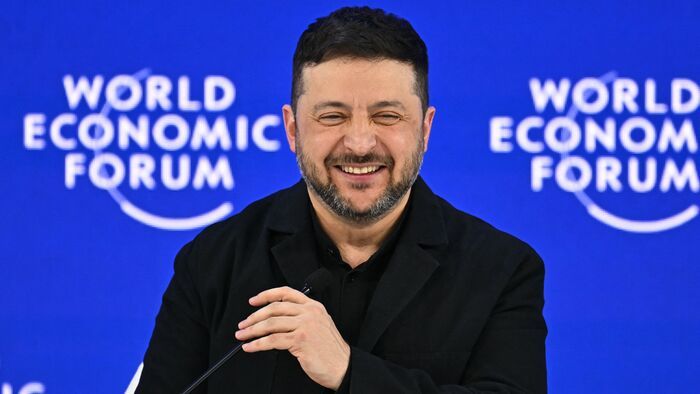
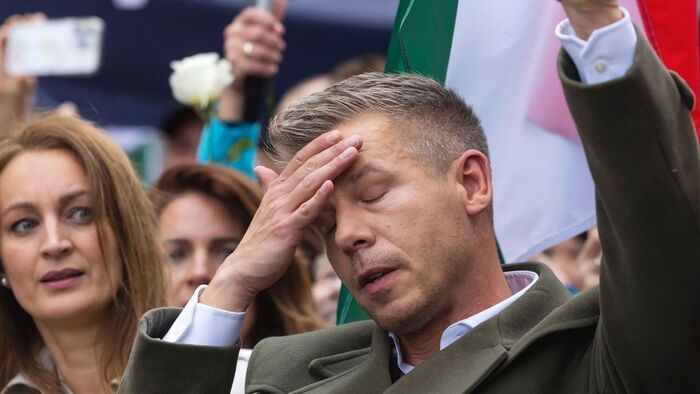
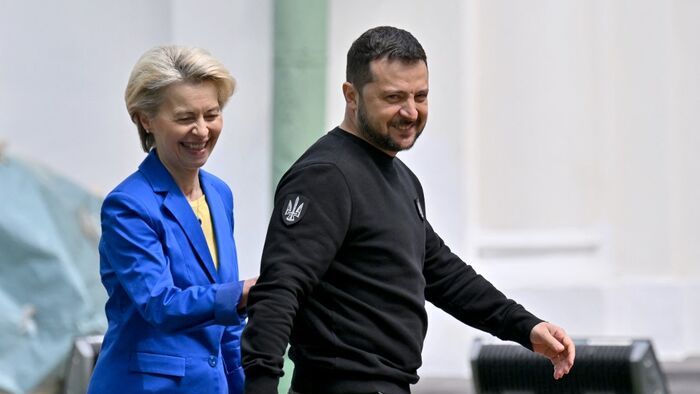
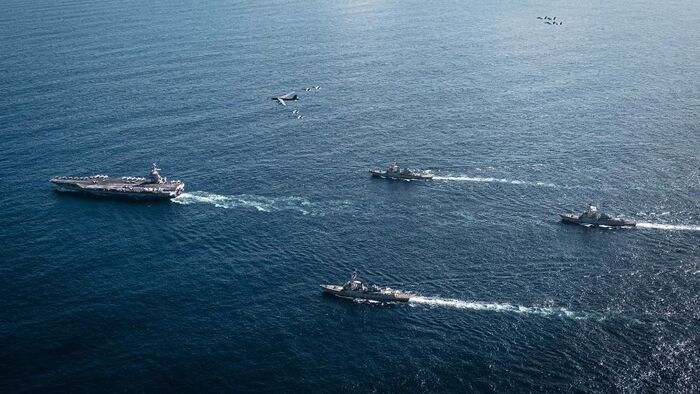
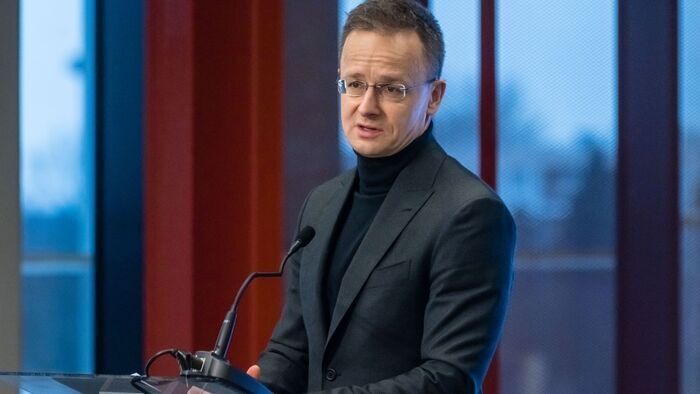
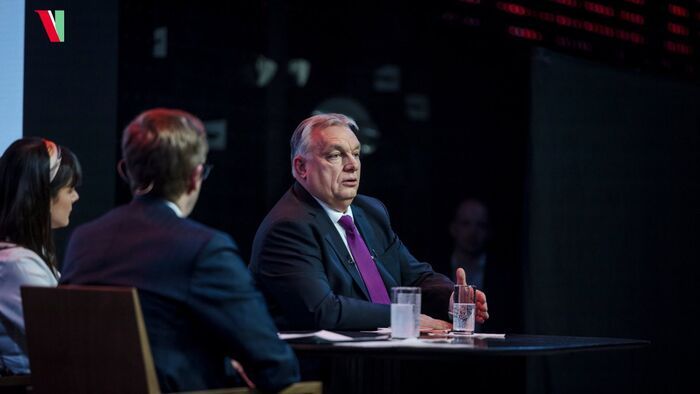
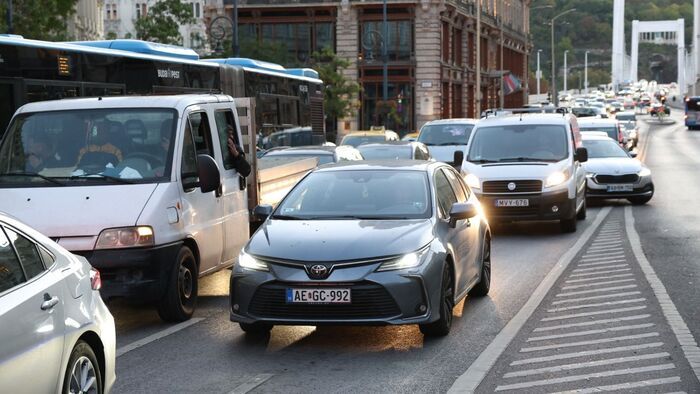
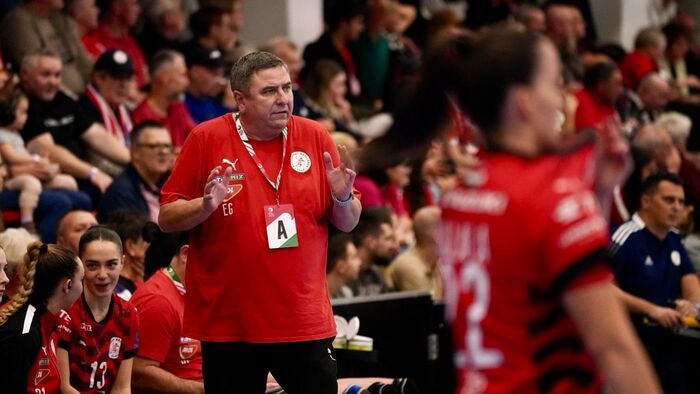


Szóljon hozzá!
Jelenleg csak a hozzászólások egy kis részét látja. Hozzászóláshoz és a további kommentek megtekintéséhez lépjen be, vagy regisztráljon!